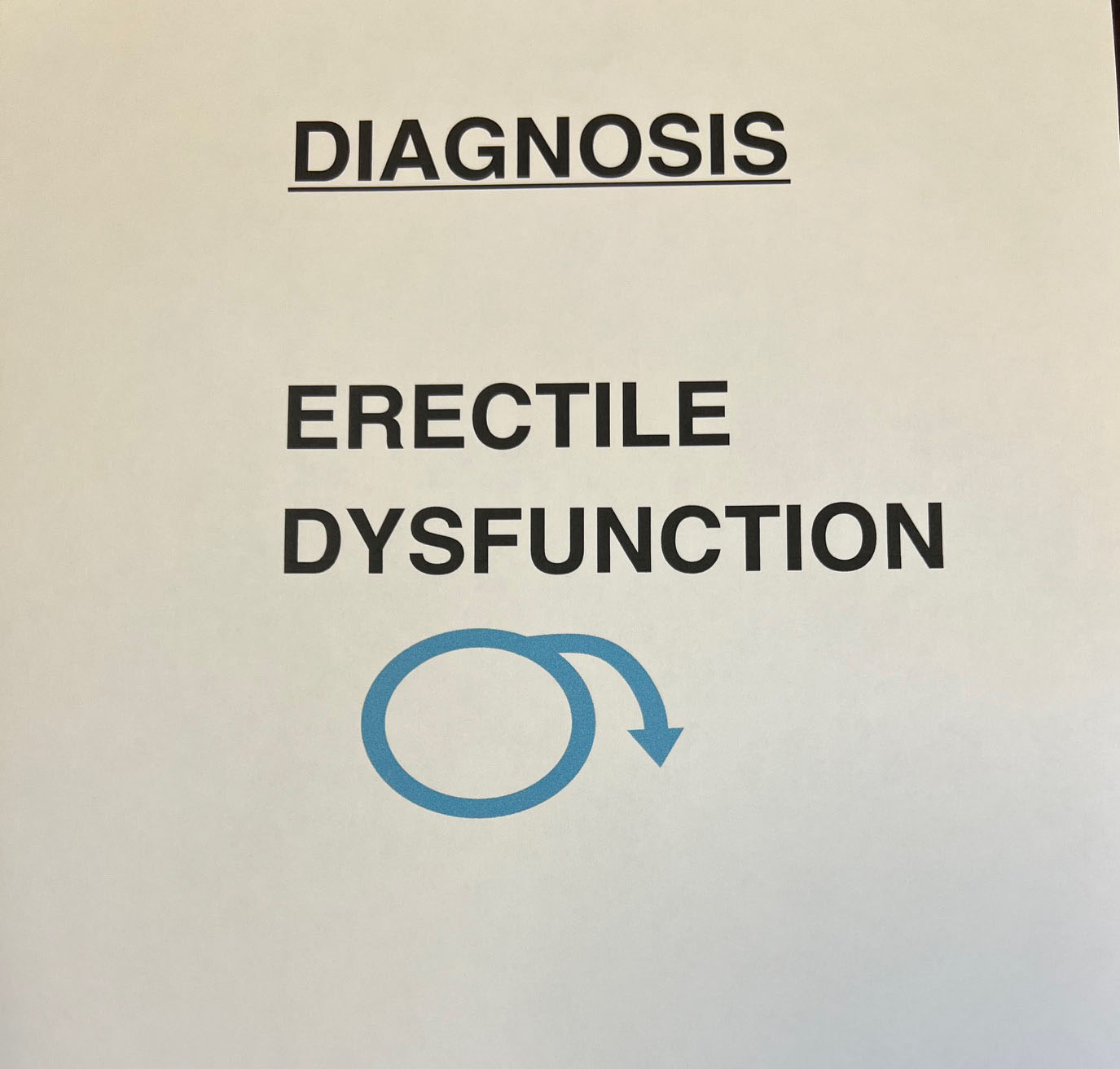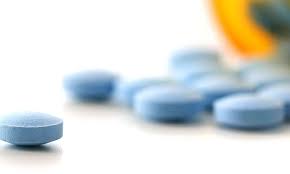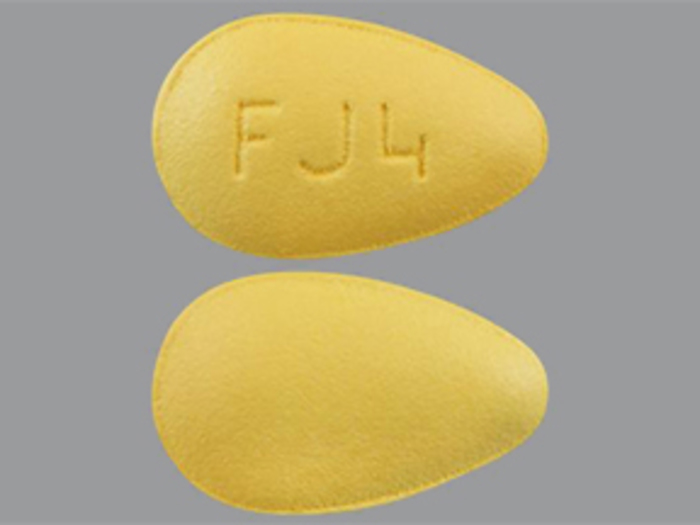What is Erectile Dysfunction?
Erectile Dysfunction, or ED, is the most common mens health issue reported. To date, it affects as many as 30 million men.
ED is defined as trouble getting or maintaining an erection that’s firm enough for sex.
Though it’s not rare for a man to have some problems with erections from time to time, ED that is progressive or happens routinely is not normal and requires immediate treatment.
ED can happen:
- Most often when blood flow in the penis is limited or nerves are harmed
- With stress or emotional reasons
- As an early warning of a more serious illness, like: atherosclerosis (hardening or blocked arteries), heart disease, high blood pressure or high blood sugar from Diabetes
Finding the cause(s) of your ED will help treat the problem and better manage overall health.
As a rule, what’s good for your heart health is good for your sex health.


When ED becomes a routine and bothersome problem, your Primary Care Provider or a Urologist can help.
ED may be a major warning sign of cardiovascular disease indicating blockages are building in a man’s vascular system. Some studies have shown men with ED are at significant risk of getting a heart attack, stroke or circulatory problems in the legs. ED also causes:
Low self-esteem
Depression
Distress for the man and his partner
Treatment aims to fix or enhance erectile function, help circulatory health, and help the quality of a man’s life.

ED can result from health problems, emotional issues, or from both. Some known risk factors are:
Being over age 50
Having high blood sugar (Diabetes)
Having high blood pressure
Having cardiovascular disease
Having high cholesterol
Smoking
Using drugs or drinking too much alcohol
Being obese
Lacking exercise
Even though ED becomes more common as men age, growing old is not always going to cause ED. Some men stay sexually functional into their 80s. ED can be an early sign of a more serious health problem. Finding and treating the reason for ED is a vital first step.
Physical Causes of ED
- There is not enough blood flows into the penis.
- The penis cannot trap blood during an erection.
- Nerve signals from the brain or spinal cord do not reach the penis
- Certain diseases, injury or surgery in the pelvic area can harm nerves to the penis.
- Diabetes can cause small vessel disease or nerve damage to the penis
- Cancer treatments near the pelvis can affect the penis’ functionality
- Surgery and or radiation for cancers in the lower abdomen or pelvis can cause ED. Treating prostate, colon-rectal or bladder cancer often leaves men with ED. Cancer survivors should see a Urologist for sexual health concerns.
- Drugs used to treat other health problems can negatively impact erections
Patients should talk about drug side effects with their primary care doctors.


The treatment for ED starts with taking care of your heart and vascular health. Your doctor may point out ‘risk factors’ that can be changed or improved.
You may be asked to change certain food habits, stop smoking, increase workouts or stop using drugs or alcohol. You may be offered alternatives to the drugs you take. (Never stop or change prescription drugs without first talking to your health care provider.)
Your health care provider may also suggest treating emotional problems. These could stem from relationship conflicts, life’s stressors, depression or anxiety from past problems with ED (performance anxiety).
The treatments below are available to treat ED directly.
ED Treatments
- Non-invasive treatments are often tried first. Most of the best-known treatments for ED work well and are safe. Still, it helps to ask your health care provider about side effects that could result from each option:
- Oral drugs or pills known as phosphodiesterase type-5 inhibitors are most often prescribed in the U.S. for ED (Viagra, Cialis, Levitra, Stendra)
- Testosterone Therapy (when low testosterone is detected in blood testing)
- Penile Injections (ICI, intracavernosal Alprostadil)
- Intraurethral medication (IU, Alprostadil)
- Vacuum Erection Devices
- Penile Implants
- Surgery to bypass penile artery damage for some younger men with a history of severe pelvic trauma. Penile vascular surgery is not recommended for older men with hardened arteries.




